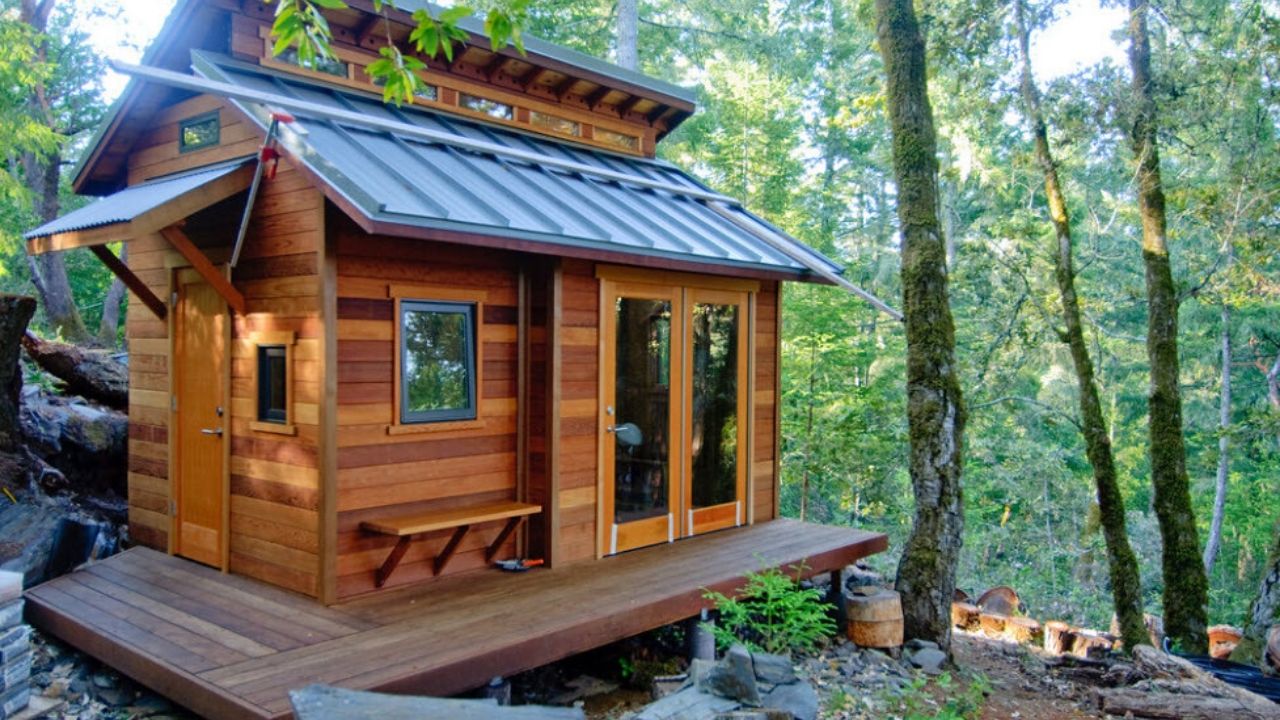
In this article I'll discuss legal issues surrounding the practice of bushcraft in the UK. This includes the attitude of landowners towards bushcraft, the legality of snaring, and the role of glamping sites. While bushcraft is a fun hobby for many, it is important to know where and how you can practice it.
Practicing bushcraft in the UK
If you're interested in pursuing bushcraft activities in the UK, you'll want to consider several factors. Among them are the ownership of land and regulations, including access codes. This article explains the laws pertaining to bushcraft in the UK and what you need to know about them.
In the UK, there are some strict regulations that must be followed when it comes to hunting and trapping. For example, the use of spring traps and cages is illegal. Live catching is also not permitted. You must also coordinate your activities to minimize impact on the environment.
Landowners' attitudes to bushcraft
Most land in the UK is privately owned, but some is also owned by local authorities or National Parks. In some instances, you need to obtain permission from the landowner before setting foot on his land. In England and Wales, this is the case in most cases. Getting permission from the landowner before doing bushcraft activities can be helpful if you plan to carry out your activity in a sensitive area.
Legality of snaring in the UK
In the UK, there is an ongoing debate about the legality of snaring. It is a practice used to catch foxes, although it is also used to kill other species, including rabbits, grey squirrels, mink, and even birds. While most European countries have banned snaring, the UK is an exception. In the UK, snares are not banned under the wildlife protection legislation.
Although the Government aims to regulate the use of snares, the fact remains that it isn't enough to prevent snaring. A snare operator is responsible for the welfare of wild animals trapped in his traps, and any misconduct on his part can result in prosecution.
Practice of bushcraft at glamping sites
Before you start practicing bushcraft at your glamping site, you need to make sure you know the rules regarding the practice of bushcraft. In the UK, the land is generally owned by private landowners, local authorities and National Parks. In some cases, you will need to seek permission from the landowner before you can set foot on their land. However, if you are going to stay overnight in a wilderness area, you need to make sure that you follow the "Leave No Trace" principle.
If you're interested in learning more about bushcraft, consider going on a camping or hiking trip. You can learn about the basics of fire and shelter, or try a different activity such as foraging for wild food. While you're at it, you can even participate in a bushcraft course, where you can learn new skills while living in nature.
Did you miss our previous article...
https://bushcrafttips.com/bushcraft-survival-skills/atlatl-spear
 What is BushcraftSurvival SkillsToolsVideosBushcraft CampsBushcraft KitsBushcraft ProjectsPrivacy PolicyTerms And Conditions
What is BushcraftSurvival SkillsToolsVideosBushcraft CampsBushcraft KitsBushcraft ProjectsPrivacy PolicyTerms And Conditions
